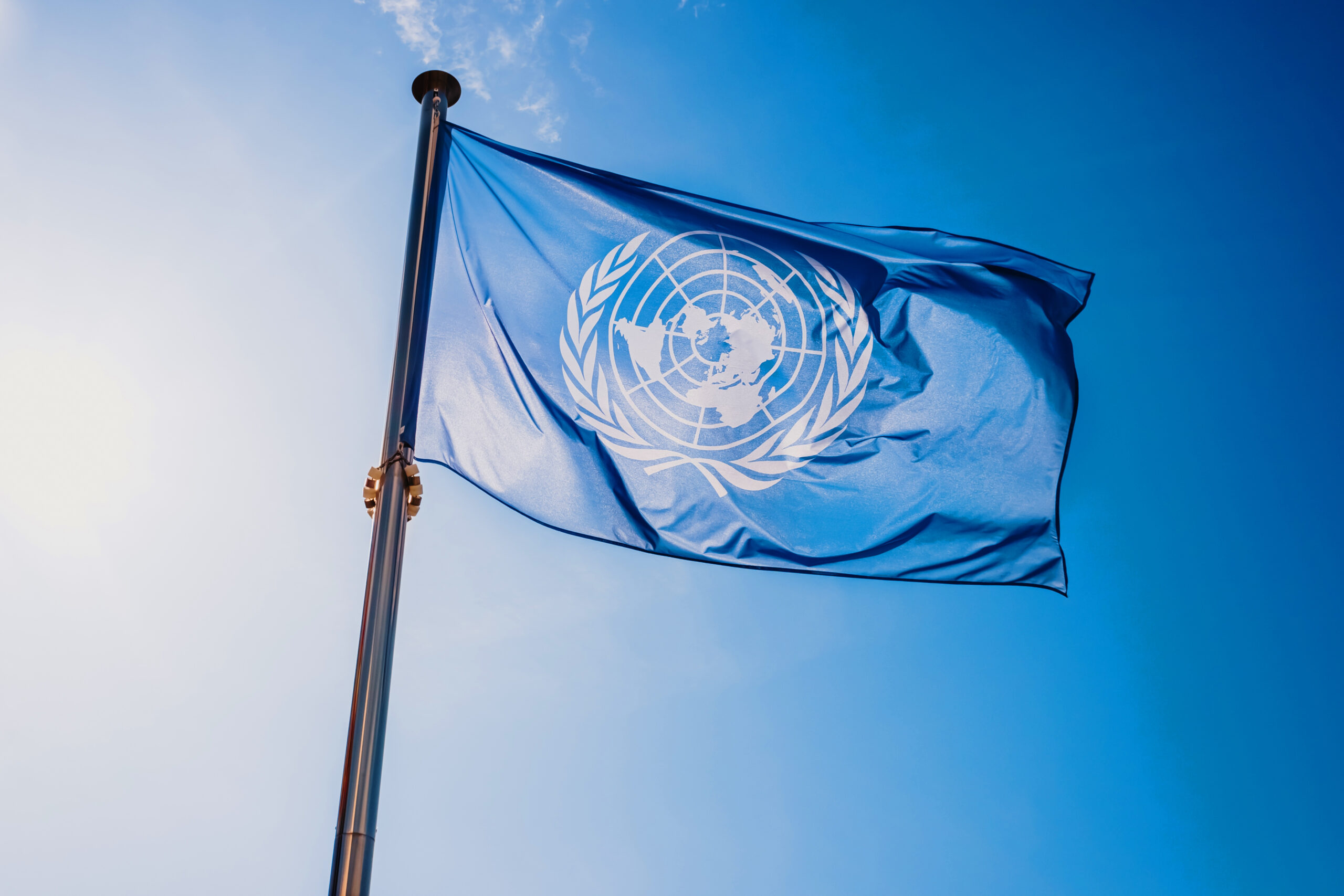Wednesday, September 27, 2023
2:00 pm to 3:30 p.m.
Rayburn House Office Building Room 2200
Stream live here: https://www.youtube.com/watch?v=RrBXYsQA0Qk
In 2022, Russia launched a full-scale invasion of Ukraine and the largest land war in Europe since World War II. In its wake, experts and leaders like President Zelenskyy raise serious questions whether a United Nations (UN) created for a post-World War II world over a half century ago lacks the capability and political will to meet today’s 21st Century challenges.
The lack of UN collective action on Russia’s war on Ukraine–from its 2014 seizure of the Crimea to the UN General Assembly this week–is stark evidence of the urgent need to address these questions. Article 1 of the UN Charter mandates the UN to “take effective collective measures for the prevention and removal of threats to the peace,” a purpose the UN has struggled with, not just in Ukraine, but in war-torn areas around the world. Leaders and experts argue the UN has instead enabled Russia, including through its role as a permanent member of the United Nations Security Council (UNSC), to block actions to defend Ukraine’s internationally recognized borders and undermine effective humanitarian action and peacekeeping in Ukraine and elsewhere.
The hearing will examine how dynamics in the UN and its UNSC have prevented adequate humanitarian and diplomatic responses to international crises that Russia has either caused or exacerbated. It will further explore Ukrainian and global perceptions of the organization, and specific actions and reforms needed to meet one of the greatest challenges to international security and peace since the UN’s founding. Finally, it will start a critical conversation between Commission leaders, leading officials, and top experts on how fundamental issues in the UN and other institutions founded in the last century can be addressed to meet today’s emerging international challenges.
The following witnesses are scheduled to testify:
- Sergiy Kyslytsya, Ambassador, Permanent Representative of Ukraine to the United Nations
- Thomas Grant, University of Cambridge, Senior Research Fellow
- Natasha Hall, Senior Fellow, Middle East Program, CSIS
###
The Commission on Security and Cooperation in Europe, also known as the U.S. Helsinki Commission, is an independent commission of the U.S. Government charged with monitoring compliance with the Helsinki Accords and advancing comprehensive security through promotion of human rights, democracy, and economic, environmental, and military cooperation in 57 countries. The Commission consists of nine members from the U.S. Senate, nine from the House of Representatives, and one member each from the Departments of State, Defense, and Commerce.








